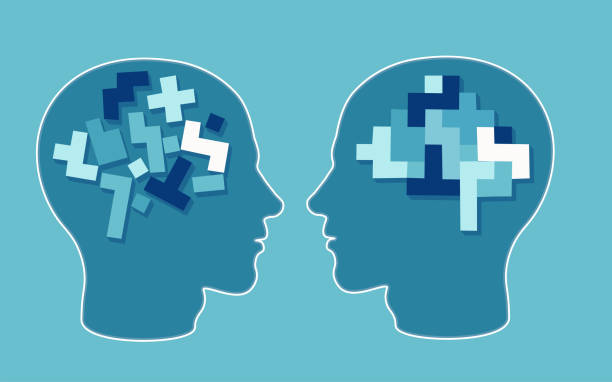ADHD or attention-deficit/hyperactivity disorder is a brain disorder that affects the behavior of a person. The challenge with ADHD is that most of its symptoms could also be a person’s character traits, making the diagnosis more difficult. So, it is imperative to pay close attention to notice if a person starts showing changes in their behavior by exhibiting the following signs and symptoms.
- Inattentiveness
This is primarily the most common symptom exhibited by people with ADHD. People with this symptom often fail to pay close attention to details. They might repeatedly make careless mistakes at work or during other activities. They may also face difficulty focusing during meetings at the workplace. As a result, they will steer clear from tasks such as preparing reports and reviewing lengthy papers. - Fidgeting
You may also notice them wriggle even when they are seated comfortably. People with ADHD might often lose necessary things such as school materials, pencils, tools, wallets, paperwork, and keys. They may also complain about having constant unrelated thoughts while doing a particular work and be forgetful about daily activities such as household chores, returning calls, paying bills, and keeping appointments. People who have ADHD will also not listen even if spoken to directly without any obvious distraction. - Hyperactivity
This is yet another common problem for people who have ADHD. People with ADHD are usually hyperactive and may leave their seats for no reason, even when they are expected to remain seated. This could be a result of the restlessness they might be experiencing due to ADHD. Adults who have ADHD talk excessively and are unable to engage in leisurely activities quietly. It is essential to note that being both hyperactive and inattentive could lead to accidents such as knocking over objects. Adults with these symptoms should refrain from operating heavy machinery or driving. - Impulsivity
Most people with ADHD are very impulsive. Impulsivity due to ADHD could make it difficult to wait for their turn and interrupt when someone else is speaking or start conversations abruptly. These symptoms might put them in uncomfortable situations in social or work settings. Impulsivity might look like a regular habit, but it is commonly seen in people who have ADHD. - Anxiety and mood disorders
It is seen that symptoms such as anxiety and other mood disorders are more common in women with ADHD. Psychiatrists suggest that women diagnosed with ADHD are 2.5 times more likely to suffer from depression than women without ADHD. A person with anxiety and or depression might often feel like crying and experience headaches and stomach aches due to unexplained stress.
It is important to note here that most of the symptoms mentioned above, except anxiety and mood disorders, can be a characteristic of a person’s behavior. So, make sure to consult a psychiatrist if the person shows most of these symptoms collectively and persistently. Explore other possibilities even if they meet the ADHD diagnostic criteria; these symptoms can also be a result of physical conditions such as auditory processing disorder or sensory integration disorder.

